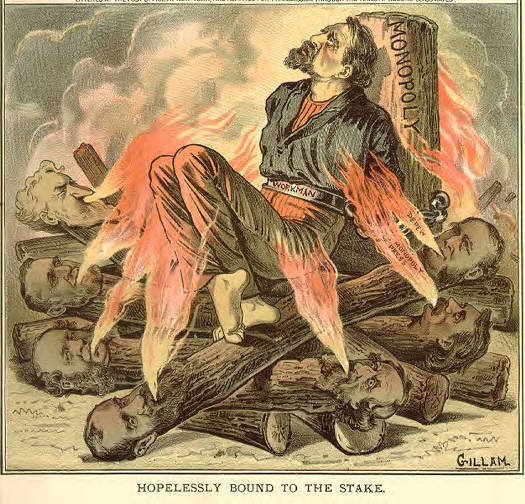Rep. Joe Walsh of Illinois demonstrates his concept of representative democracy at a townhall held in a bar in his district last weekend. What exercised the Congressman’s patience was the suggestion, apparently popular among the unrattled attendees, that, as I suggested yesterday, private banks were as much at fault for the depressed or recessed economy as politicians. Walsh displays the Tea Party mindset at its most rigid worst when he asserts that consistency of ideology is more important than accuracy of fact. He doesn’t want the people of his district to forget is that he will not stray from the Tea Party (Republican) line that private interests are more important than the public interest.
The bottom line: The people get it. Some politicians don’t and don’t want to get it.
PS: Perhaps the most astonishing moment of this video is when Walsh says, “”What has made this mess is your government, which has demanded for many years that everybody be in a home.” Is a Tea Party Republican actually blaming the American dream of universal home ownership for the economic mess? Is he really suggesting that the American dream is the product of government rather than of individuals? Setting aside the question of whether or not this is right, this seems to be a startling position for a conservative, pro-market, pro-individualist to be taking. I wonder if this will be a new shade of conservatism: anti-American Dream libertarianism.


